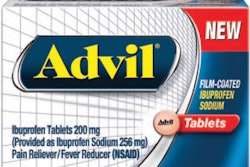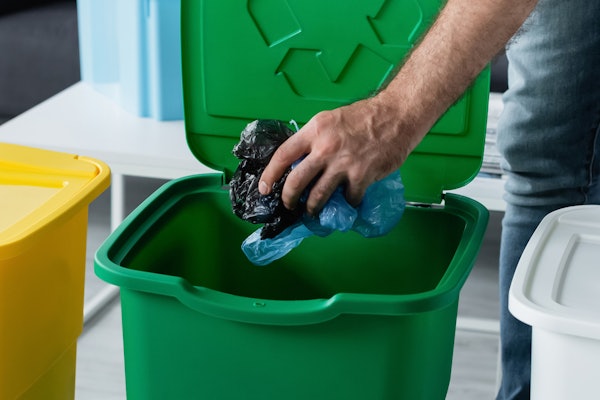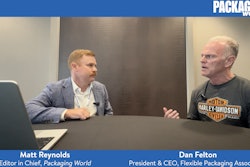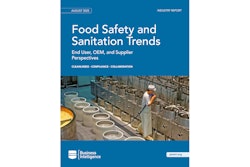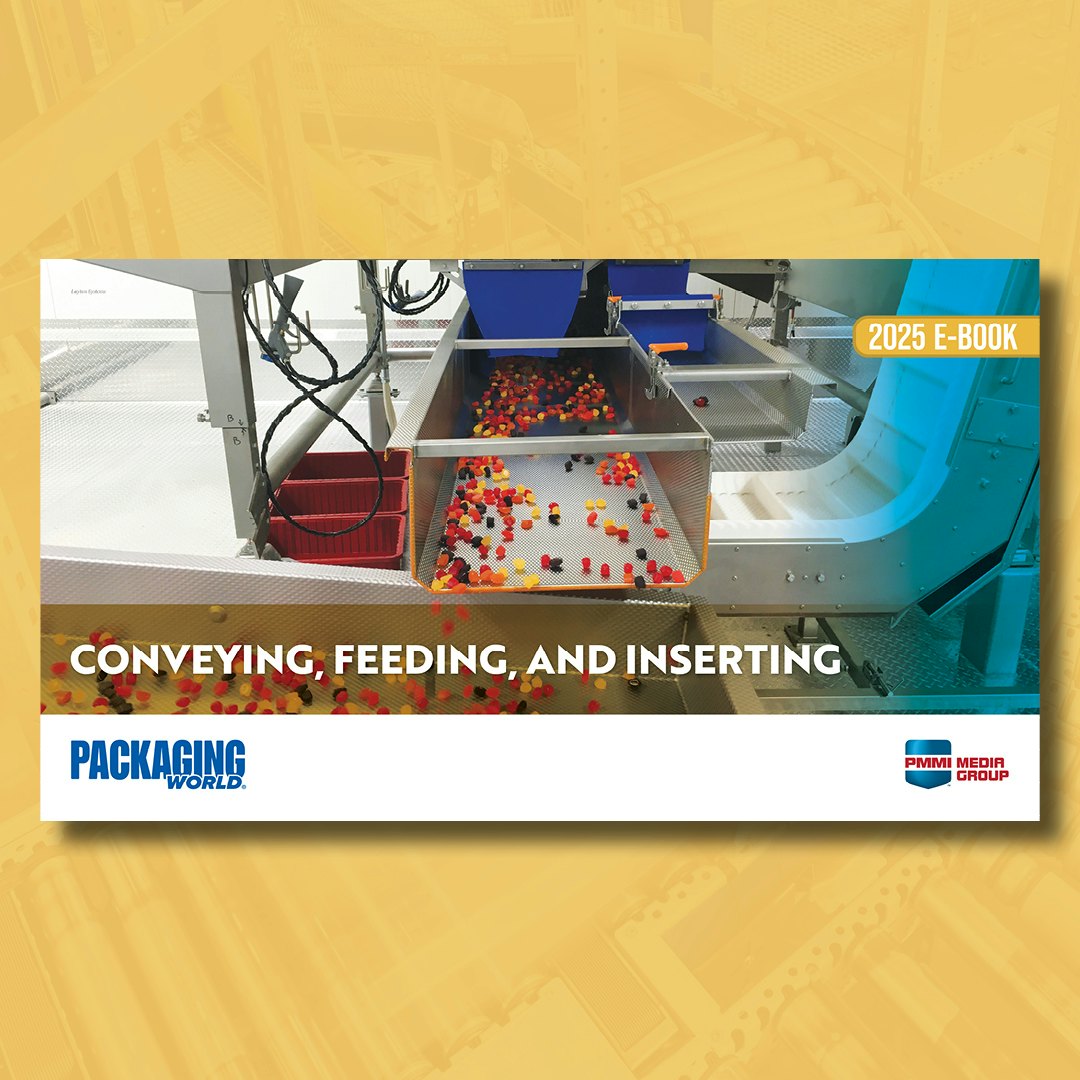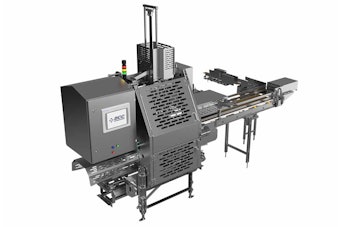
This is an exceedingly rare event. FDA says its previous actions to revoke generally recognized as safe (GRAS) status go back about 40 years, for cyclamates in 1969, and saccharin and brominated vegetable oil in the early 1970s.
Partially hydrogenated oils, including partially hydrogenated soybean oil and partially hydrogenated cottonseed oil, are “the primary dietary source of industrially-produced trans fatty acids, or trans fats,” says FDA, and “new scientific evidence” and the findings of various experts lead FDA to conclude that the oils are not GRAS “for any use in food.” Trans fatty acids or trans fats show up in cookies, other baked goods, shortenings, frostings, stick margarines, and other products. FDA explains that “Although all refined edible oils contain some trans fat as an unintentional byproduct of their manufacturing process, trans fats are an integral component of [partially hydrogenated oils] and are purposely produced in these oils to affect the properties of the oil and the characteristics of the food to which they are added.”
FDA’s explanation of its action appeared in the November 8, 2013 Federal Register, and comments are due on March 8, 2014.
Companies use such oils, commonly, on the strength of their own independent determinations that their use is GRAS by relevant scientific experts, often since before 1958. FDA’s new action raises the question of whether such uses are GRAS according to relevant experts anymore.
This isn’t FDA’s first rodeo with trans fats. Back in 2003, FDA proposed and later finalized a new food labeling requirement that called for food makers to require trans fatty acid content to be declared in the Nutrition Facts part of the food label.
FDA explains that scientists now say trans fatty acids in the diet are bad for your cholesterol levels and increase your risk of coronary heart disease. Other national governments, and some state and local ones in the US, have already taken steps to reduce trans fats or partially hydrogenated oil use in food.
If FDA finalizes that conclusion that no uses of such oils are GRAS, then by definition under the law, the oils are food additives.
That is because, in a word, GRAS is GRAS and food additive is food additive and never the twain shall meet: The law defines “food additive” as a substance added to food that isn’t GRAS (and isn’t otherwise regulated as a color additive, pesticide, or a few other special categories).
And what does it mean that something added to food is a food additive? For one thing, it means that its use requires some form of FDA approval before it can be used lawfully, most commonly a Food Additive Petition for a food ingredient, or a Food Contact Notification for a packaging material. And remember, that approval will have to be based on a demonstration that your particular use of the substance, particularly the amounts of the substance it contributes to the human diet, will be safe. Looking ahead, see if you can guess how easy it will be to establish that uses of partially hydrogenated oils are safe. Some might, but probably most won’t, if FDA is right about the general state of scientific opinion about such oils and trans fats.
There has been an unusually high level of public policy discussion about GRAS in recent years, some of it in this space. (See pwgo.to/508).
If you’re using a food ingredient on the legal basis of your own conclusion that it’s GRAS, but then FDA says based on new information that it isn’t GRAS and instead it’s a food additive, you have to stop using it unless or until you get a specific FDA approval via a Food Additive Petition for your use. If you can. If you can muster the scientific proof of your use’s safety, that is, which may not always be possible given the challenging record of trans fats that has emerged. Though FDA says the evidence doesn’t support the concept, manufacturers might be able to show that uses resulting in relatively low levels of exposure might be demonstrated as safe. Otherwise, you would just have to reformulate your product to get the trans fats out, if you can. FDA has asked for public comments on the feasibility of such reformulations.
The importance of this development could extend well beyond the world of trans fats. This whole procedure could be an FDA test run through the process of revoking GRAS status that they might then apply to other food components. My money is on added salt. Remember, if the essence of the process is to judge whether there is consensus among the relevant scientists that the use is safe and commonly known to be such, take a look at any food component where the emerging information throws that consensus into question is a candidate for reconsideration.
Food contact substances are regularly used on the strength of a manufacturer’s independent conclusion that the use is GRAS. If FDA becomes aware of convincing new evidence challenging the safety of a food contact substance, it might also be on FDA’s radar for future action. We’ll learn a lot about the feasibility of FDA’s procedure from the future course of its tentative determination about partially hydrogenated oils.
Eric Greenberg can be reached at [email protected], and visit his firm’s website at www.ericfgreenbergpc.com.





